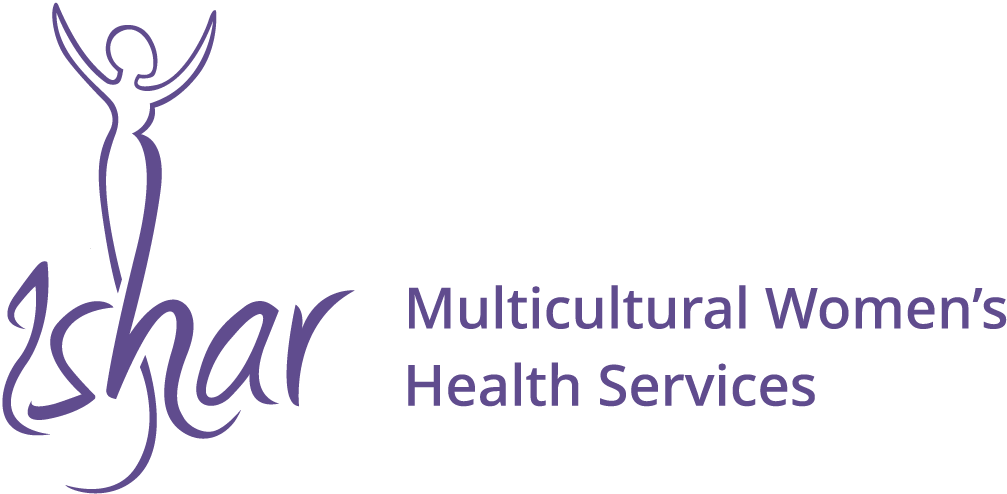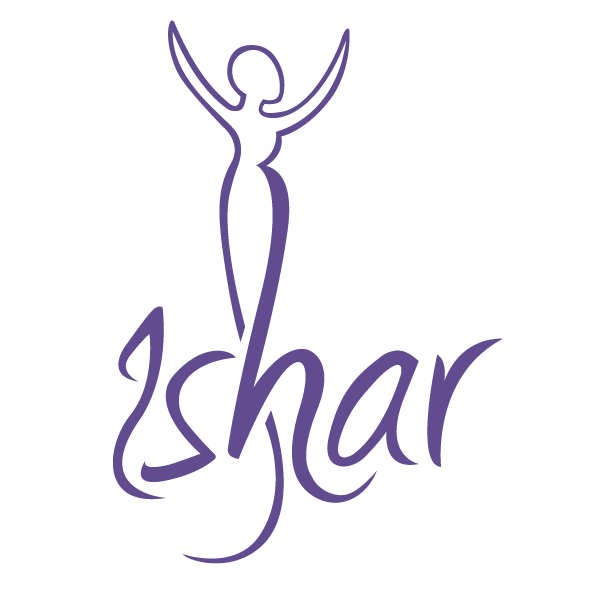Publications
Breaking Barriers: Resources in Language Unveiling the Faces of Family and Domestic Violence
Ishar's multilingual resources, including the information booklet and safety plan available in Hindi, Arabic, Chinese, and English, represent a groundbreaking milestone in preventing and addressing family and domestic violence. By articulating the various manifestations of violence in language, Ishar works with survivors to recognise violence and empowers them by utilising the survivors' strengths and providing them with the skills, knowledge and resources to rebuild their lives.
Up close & personal 2: Breast & Gynaecological Cancer Awarenes
What is considered ‘women’s cancers?’ Breast cancer is one of the most common forms of cancer that women are diagnosed with, with 1 in 8 women being diagnosed with breast cancer by age 85. Women are also affected by gynaecological cancers which include but are not limited to ovarian, cervical, vaginal, vulvar, and uterine cancer.
This article explores breast and cervical cancer and how Ishar’s health promotion team supports CaLD women understand the screening processes.
Period Poverty
Period poverty affects individuals in a variety of ways. Whilst we in Australia would like to think we are ‘above’ Period Poverty, we simply are not. The inability to menstruate hygienically can promote a wide range of negative emotions for women including shame, guilt and even hopelessness. This article explores how period poverty affects Culturally and Linguistically Diverse (CaLD) women living in Australia.
How to introduce the common allergy causing foods to your baby
Ishar has partnered with the National Allergies Strategy Nip Allergies in the Bub project to reproduce their resources in language for Ishar’s clients and community women. This video is in Burmese, Karen, Hazaragi and Hakha Chin.
Should I give my breastfed baby formula?
Should I give my breastfed baby formula is a question we get asked very often from women who are successfully breastfeeding. When the mother is able, breast milk is the preferred option when feeding a baby as it has the right balance of nutrients for babies, helps them grow strong and to have better brain growth and development. This video is in Burmese, Karen, Hazaragi, Hakha Chin and English.
STIs: Healthy Minds, Healthy Bodies, Happy Hearts
Sex means something different for everyone, due to who you are as a person, your culture, and your religion. This video by Ishar Multicultural Women’s Health Services looks at what safe sex is, how to prevent and treat sexually transmitted infections, and the importance of getting regular sexual health checks.
Lifestyle: Healthy Minds, Healthy Bodies, Happy Hearts
Eating healthy and doing regular exercise is important for your body. This video by Ishar Multicultural Women’s Health Services provides tips on making better food choices, improving nutrient intake, and increasing regular exercise.
Mental Health: Healthy Minds, Healthy Bodies, Happy Hearts
Healthy Bodies, Healthy Minds, Happy Hearts project, providing health education to young refugee and migrant women.
Healthy Minds, Healthy Bodies, Happy Hearts
Empowering Young Refugee and Migrant Women to Have Safe and Respectful Relationships
Let's Talk Culture! Living in a Pandemic Webinar
Let’s Talk Culture seminar series aim to assist professionals to work in a culturally responsive way with clients from culturally and linguistically diverse (CaLD) backgrounds, especially in mental health. This is a recording of a live webinar recorded on 22 July 2020.
Women’s Cardiovascular Disease – Let’s get to the heart of the matter
Women by nature are altruistic creatures, we put everyone and everything above ourselves even if it jeopardises our own health. More than 20 women die of heart disease every day.
Homelessness: The Invisible Epidemic
Migrant and CaLD women are stigmatised and sometimes ostracised for leaving violent relationships. They are accused of breaking up families and bringing “shame” to their families back home and hence they are more reluctant to seek help. These women also rely solely on their partners for their financial and everyday needs which further deters them from reaching out. Additionally, CaLD women usually lack the language skills and knowledge to navigate through the often complex and bureaucratic housing and legal systems.
Laugh Without Leaking
Urinary incontinence is not usually a talking point over dinner or a conversation starter at a party! This leaves people suffering in silence, and stops them from enjoying exercise, activities, and living life to the full. It can be very distressing and leave a major emotional effect on the sufferer. Many women believe it is normal and permanent to have incontinence but this is not correct! It is a condition which can be treated, managed or even cured.














